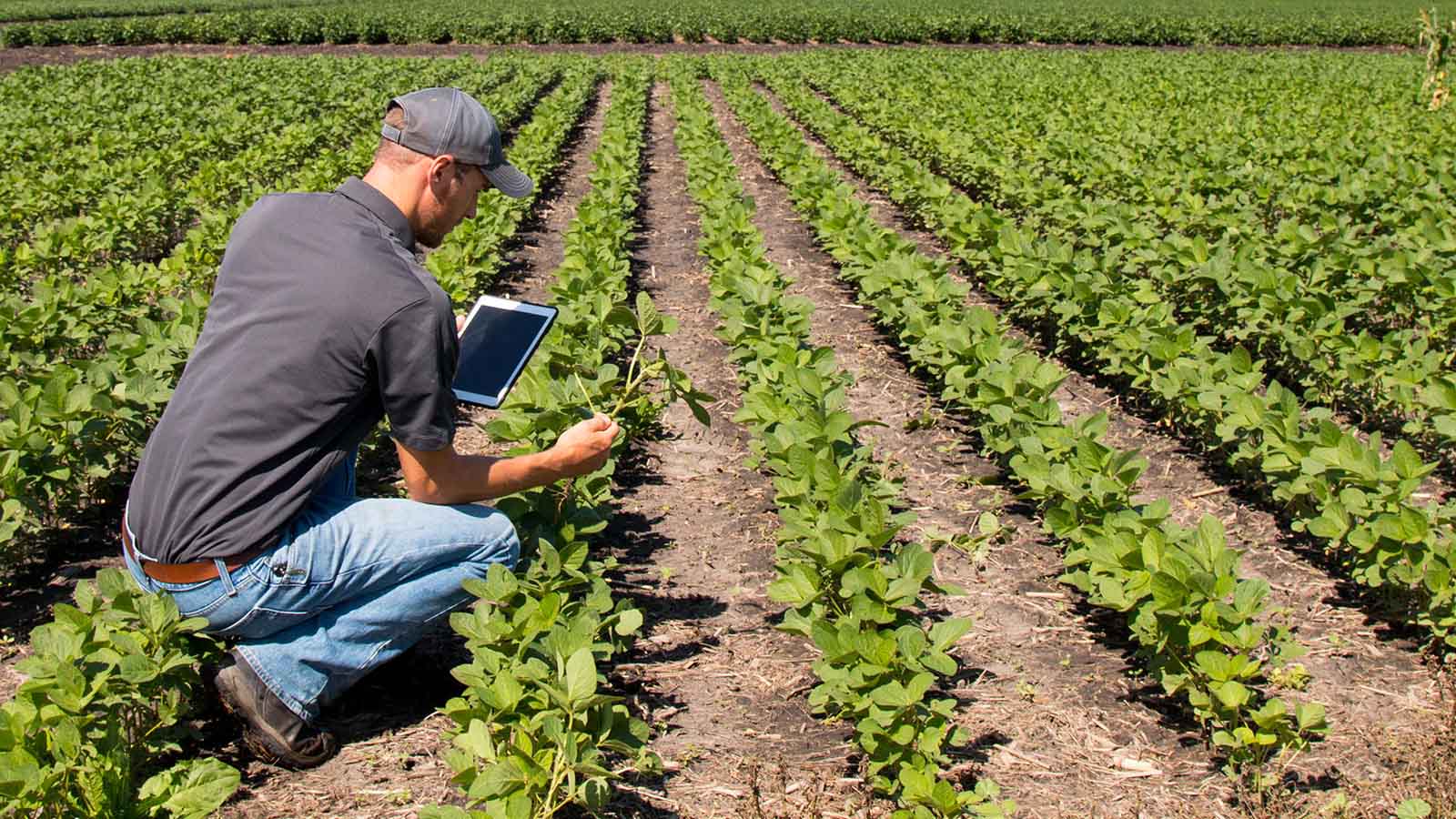Best-practice farming techniques are widespread and range from developments in biotechnology to the use of artificial intelligence. Sustainable automation and autonomous robots have also helped shape current agricultural practices.
Artificial intelligence
Drones and high-resolution imaging: are used to monitor disease outbreaks or changes in soil and water quality. Drones can efficiently distribute fertilisers or water on irrigated farms, reducing over-fertilisation and water consumption.
Precision and predictive farming: from measuring rainfall to estimating sale prices of produce, data collection has always played an integral role in agriculture. Collecting data on soil moisture, crop growth and rainfall patterns, among many other parameters, offers a detailed portfolio of trends in a farm's development and overall productivity. By observing patterns in the data, farmers can predict changes and precisely manage their farming system with detailed accuracy. This may include predictive irrigation or time-controlled grazing.
Science and research
Scientists and researchers play a fundamental role in creating change within the ag-industry. Institute and university research is helping sow the seeds of sustainable farming practices by studying inoculating seeds with biological amendments such as compost and biochar, which dramatically boost a plant's nutrient uptake. Genetics research has also improved pest resistance, drought and salinity tolerance, and adaptation to environmental changes.
Automation
While the notion of regenerative farming may transport you to a past time less reliant on chemicals and machinery, sustainable automation may just be what transforms today's farming practices into a more holistic paradigm. Growing Country shares insights into sustainable automation, including the invention of mobile coops that allow poultry flocks to move between pastures or tramline cropping systems that reduce soil compaction.
Data science and apps
With phones practically an extension of our hands, why not use them in farming? Incorporating technology and science in agriculture has led to the use of mobile apps, which can be used by scientists, farmers, university students and even schoolchildren. On this page, hear from the practitioners who are making their agri-businesses sustainable and profitable through data collection and satellite technology. And learn about how you may be able to use data science and apps for decision making and resilience on your own property.
Technological advancements are revolutionising best-practice agriculture, boosting productivity and sustainability. From AI-driven precision farming to the leaps and bounds in genetics, these innovations are reshaping the industry. Read about all the latest in ag tech and science on Growing Country to stay informed and empowered in embracing the future of farming.



